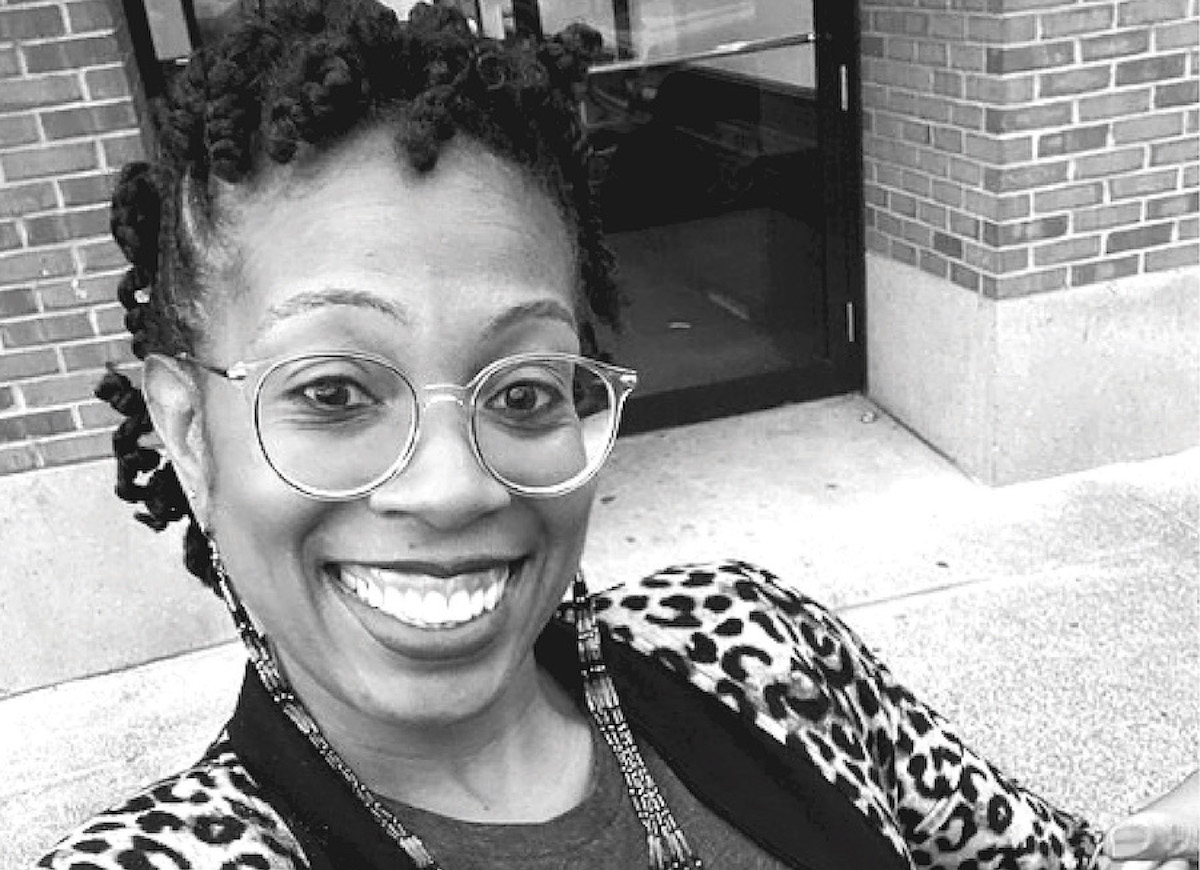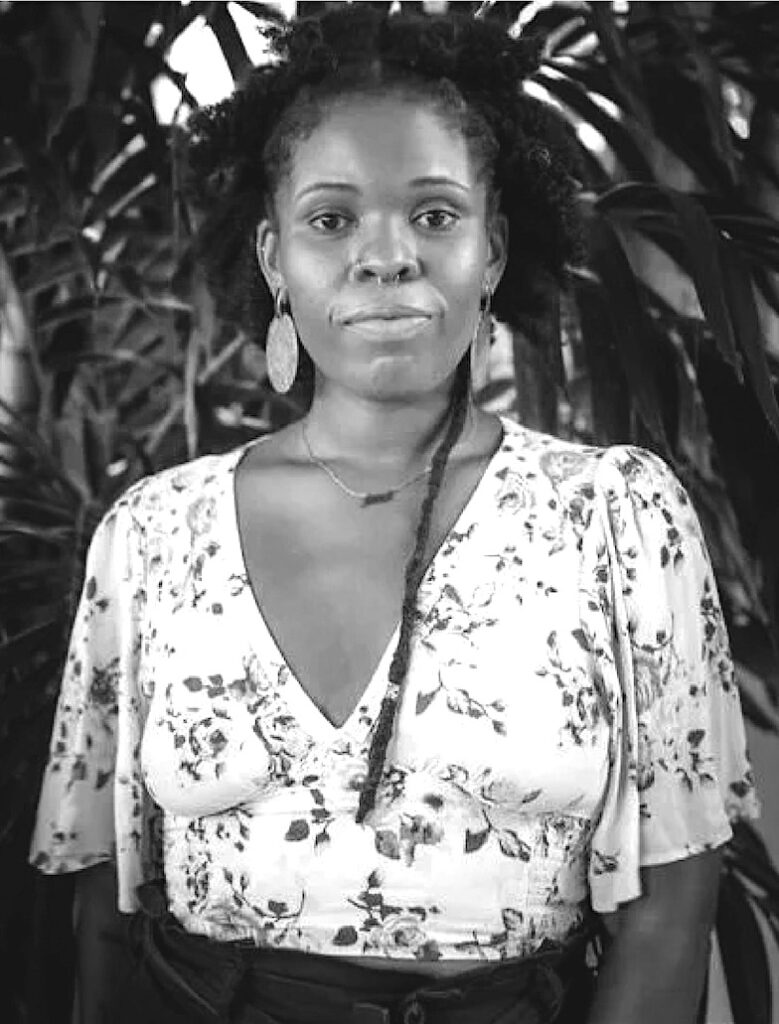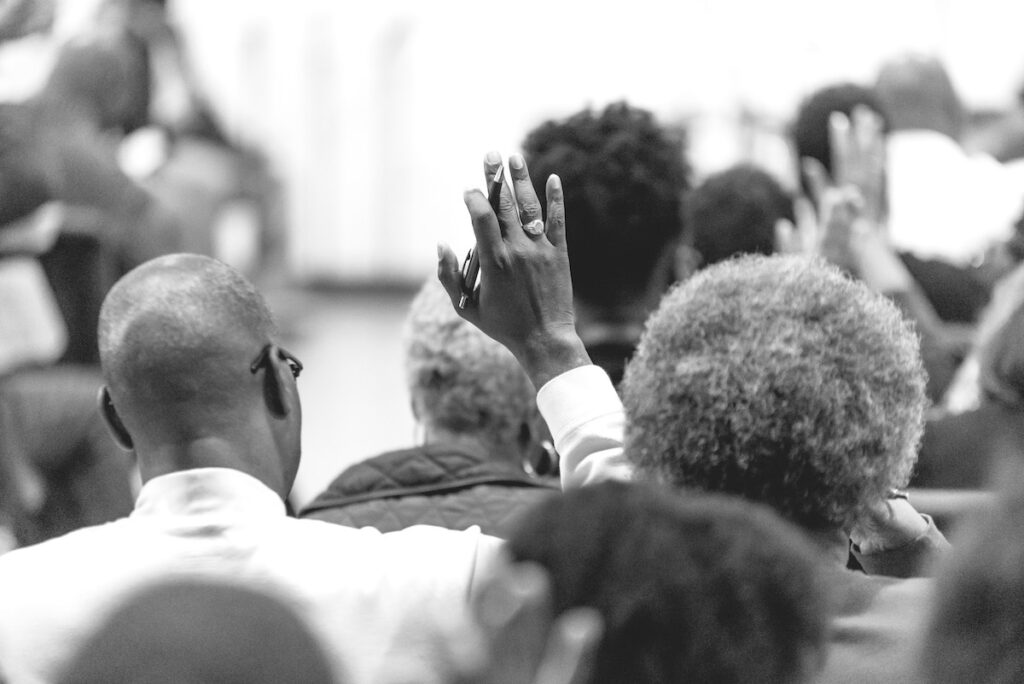Are Churches the Key to Ending the Black Overdose Crisis?
Black folks seeking recovery from drugs and alcohol haven’t always had access to adequate care. Now doctors, churches, and online communities are rising up to help. The post Are Churches the Key to Ending the Black Overdose Crisis? appeared first on The Oklahoma Eagle.

In May, famed New Orleans rapper and mogul Master P experienced a pain that too many Black families have felt in recent years. His 29-year-old daughter Tytyana Miller died from an accidental drug overdose.
“I feel like, going to my daughter’s funeral, I feel like I went to my own funeral,” he told CBS Mornings’ Gayle King in a July interview. He also hinted at the need to assist Black folks who struggle with drugs and alcohol. “I want to help people that look like us,” he told King.
Indeed, experts say Black folks seeking recovery from drugs and alcohol haven’t always had access to adequate care. On top of that, many who are navigating substance use disorders are also living with mental illness.
“That’s why I really appreciate people like Master P talking about the struggles with his daughter and her depression that led to substance use disorder,” says Dr. Ayana Jordan, a psychiatrist and professor at New York University.
To get better care, we may need more than the traditional methods of recovery, such as Alcoholics Anonymous or in-patient rehab. That’s why Black researchers and online communities are coming up with fresh approaches to recovery — including collaborating with churches and creating digital support groups.

What We’re Facing and Why We Need Help
Jordan says despite Black people consuming alcohol and other drugs at equal or lower rates than other communities, we’re dying more.
“I’m not surprised that we are having these disproportionate rates because we deal with so many different stressors as being othered and minoritized in this country,” she says.
So, she’s advocating for Black folks to get access to culturally competent care — which has become an even more urgent need since the pandemic began.
The opioid epidemic hit the entire nation hard. But from 2019 to 2020, the overdose death rate in the Black community rose by 44% — higher than the national average of 30%.
Jordan, whose research focuses specifically on Black people with substance use disorders (SUDs), says they are “not part of the global conversation” when it comes to the epidemic.
“Nobody’s covering this in the mainstream media in the same way they cover the opioid crisis in white communities,” she told Word in Black in a video interview.
The problem with that — and there are many — is that the necessary information to prevent more overdoses doesn’t travel to those who need it.
“A lot of Black people don’t even know what to do. They don’t know where their resources are. So, we want to get the word out,” Jordan says.
According to the Substance Abuse and Mental Health Administration, Black people utilized drug use treatment less than white people from 2015 to 2019.
Data shows Black people ages 12 and older accessed care 18.6% of the time, compared to white people of the same age, who accessed treatment at 23.5%.
Reimagining Addiction Treatment Access for Black People
In April, the Biden Administration announced a national drug control strategy that seeks to get more people access to help.
“People with SUD face prejudice, stigma, and discrimination, and this may especially be true for Black individuals seeking treatment. Stigmatizing attitudes towards drug use and people who use drugs exist throughout our society, including in health care.”
As a doctor who provides support to folks navigating SUDs, Jordan says she keeps stigma in her practice at bay by choosing her words wisely.
“There’s been studies that show that when you call someone ‘abuser’ or ‘alcoholic’ or ‘addict,’ it causes a lot of stigma,” she says. “It makes them feel less than. It makes them not feel good about themselves,” she says.
Instead, she opts for “substance misuse” or “someone who has a problem with drugs and alcohol.”
Jordan does more than speak against stigma — she’s working against it too.
In her latest research project, she’s running a trial where Black people living with alcohol or other drug-related disorders can access treatment in churches.
“Will they do better in getting treatment in those church settings as opposed to going to a traditional clinic? We think the answer is yes,” she says.
Additionally, through her research lab, Jordan Wellness Collaborative, she and her team are conducting a study where they provide medication for addiction treatment through telehealth and using Black and Latino doctors.
“So we say, if you want medication again, you do not have to go to the clinic, that we will offer to you in these faith-based institutions, and we’ll do it with all doctors that look like you via telehealth,” Jordan says.

How Telehealth and Online Communities Bridge the Treatment Gap
Telehealth — medical care that is digital and remote — has been associated with increased healthcare access for Black patients. Compared to in-person care for addiction, it’s also been identified as equally effective for patient retention and substance use treatment.
Kamil Arrington, 32, has found virtual support to be an important part of her recovery journey.
After quitting alcohol in April 2021, she joined the Sober Black Girls Club — a coalition of Black girls, women, femmes, and nonconforming people living or considering sober lives.
For months, after moving from the U.S. to Mexico, she’s gathered online with other members who are embracing sobriety from alcohol and drugs.
The wellness enthusiast and writer says sober communities “usually don’t represent people who look like us.” But in her community, Arrington says can attend meetings with people she can relate to.
She also has access to a “sober mentor.”
“When I’m like ‘I think I need someone to talk to’ or ‘this is something I’m struggling with,’ I can reach out to her,” Arrington told Word In Black in a video interview.
Earlier on in her sobriety journey, Arrington attended two Alcohol Anonymous meetings, but didn’t feel motivated to return.
“I was just like, ‘Oh no, this isn’t for me.’ Because no one looked like me. Everyone was like, either older or pretty much everyone was a white woman. And I’m just like, ‘I don’t know, this just isn’t seeming like my vibe,’” she says.
But after joining the Sober Black Girls Club and recently attending an in-person retreat, Arrington feels differently about herself.
“I’m not this broken person that I once thought I was and that I once lived as,” she says.
She considers sobriety a second chance at life, and says her body needs the new joy she’s found.
“My sobriety is providing me opportunities to be like, ‘girl, look at the sun and just like really see it and just be out in places and feel the emotions. Be alive to live.’”
If you or someone you know is struggling with mental and/or substance use disorders, visit samhsa.org/find-treatment or call the national helpline at 1-800-662-4357 for treatment and referral information.
The post Are Churches the Key to Ending the Black Overdose Crisis? appeared first on The Oklahoma Eagle.







